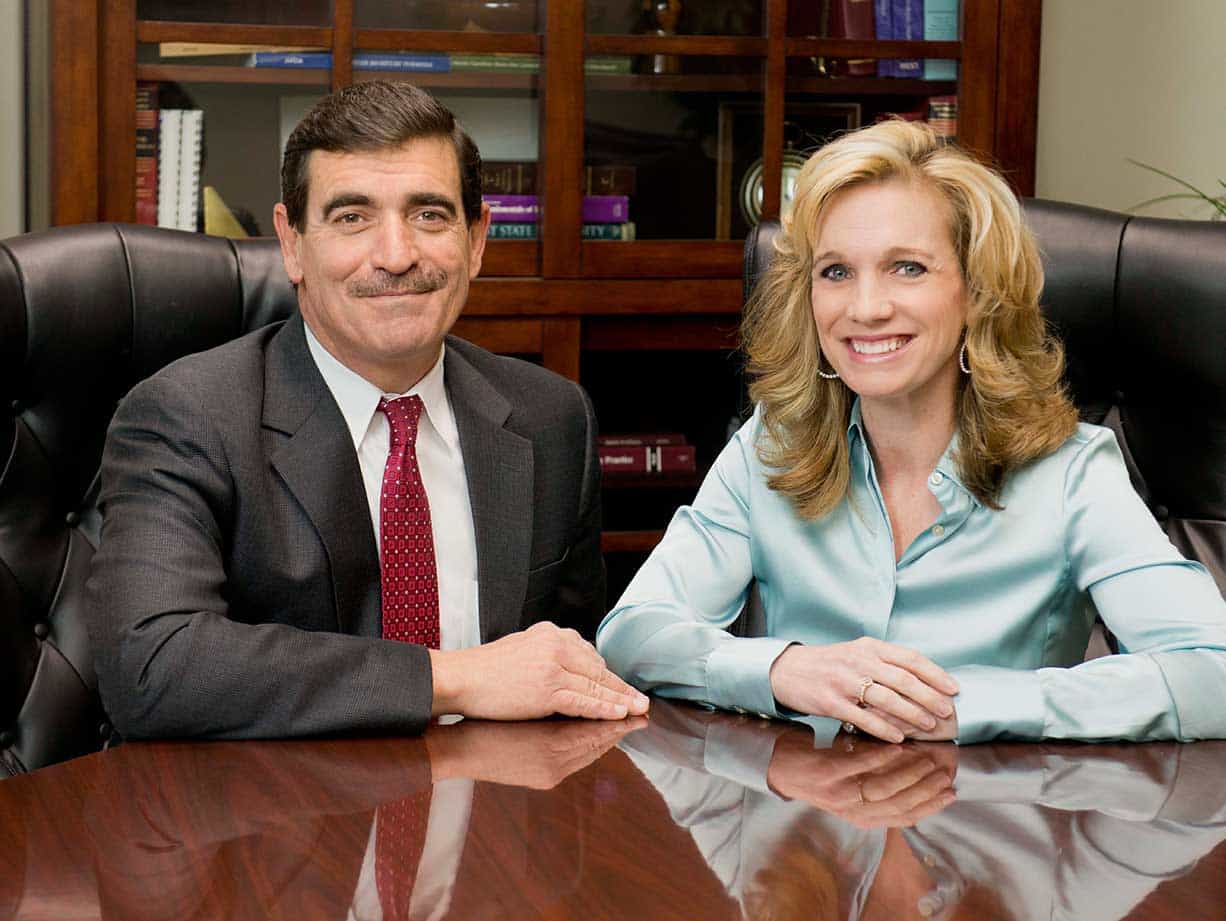People who work at hospitals spend much of their day responding to the urgent needs of others. Nurses and other medical professionals put their lives on the line to help others. Many people choose medical careers because they want to help, never imagining that their career might actually put them at risk.
Hospital workers have some of the highest injury rates out of any private industry employee groups in the United States. What makes working in a hospital so dangerous?
The physical demands
Whether you are a nurse, a nurse’s aide or a physician’s assistant, you probably work long shifts. During a shift, it may fall to you to provide physical support for a patient with limited mobility or to help someone who has fallen.
Patients weigh more than ever these days, which means they require more support and pose a greater risk of injury to the staff at hospitals. When there isn’t anyone to help you or time to obtain equipment to help you lift a patient, you could severely hurt yourself. Overexertion and bodily reaction due to the physical demands of the job are responsible for almost half of all injuries in hospitals.
Contact with objects or dangerous substances
Hospital workers are at risk for several unique kinds of injuries, such as needle incidents where they become exposed to someone else’s bodily fluids. They also have to work in close spaces with machinery that can save lives and end lives.
A defibrillator can start a heart, but the electrical shock that it creates could stop a working heart. Contact with objects and exposure to dangerous substances contribute to a high rate of worker injury in hospitals.
Falls are another leading cause of injury on the job, as workers may rush places and could slip in a spill while on their way to help someone. Violence is also a concern in a hospital setting, as patients under the influence of drugs or dealing with dementia could lash out without even realizing the consequences of their actions.
Recognizing the risk factors in hospital settings can make it easier for those who need workers’ compensation benefits to feel empowered to seek the support they require.


